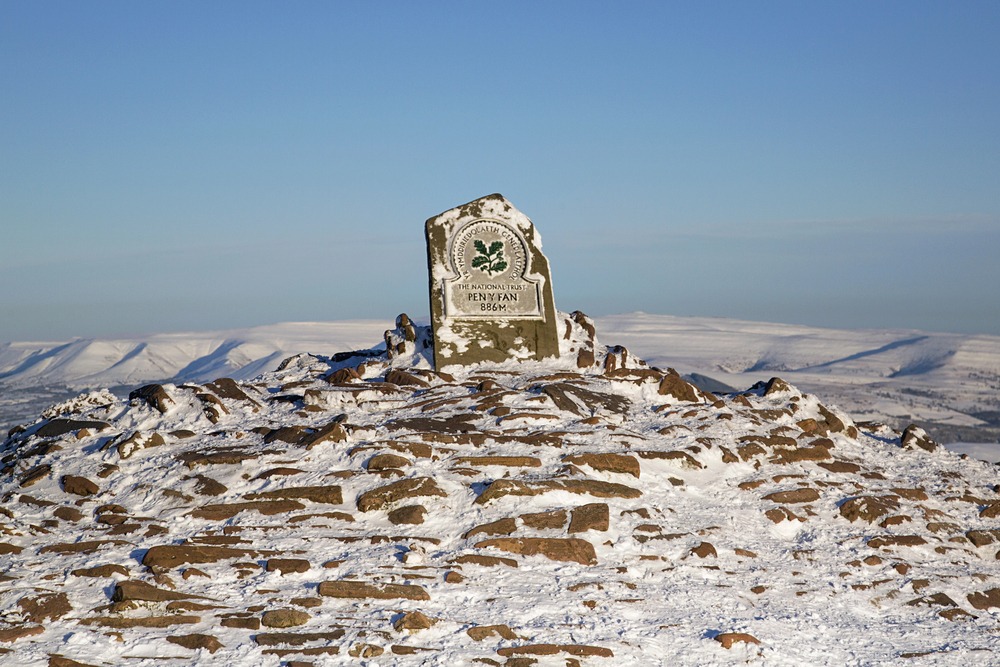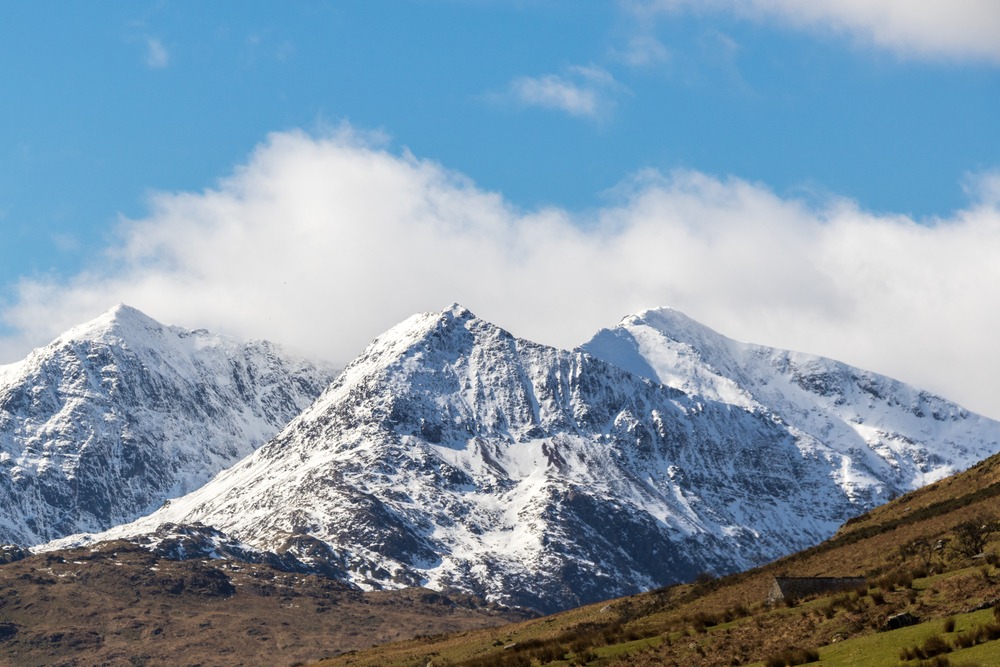The Lifesavers of the Peaks: Inside Mountain Rescue Teams

In the rugged and often treacherous terrains of the world’s mountain ranges, a group of dedicated individuals risk their lives to save others. These are the mountain rescue teams, the unsung heroes operating in some of the most challenging environments, providing essential services to those in distress. This article delves into the world of mountain rescue teams, exploring their training, operations, and the vital role they play in ensuring safety in the mountains.
The Role of Mountain Rescue Teams
Mountain rescue teams are specialised units that are trained to assist individuals who find themselves in perilous situations in mountainous areas. Their responsibilities include:
- Search and Rescue (SAR) Operations: Locating and rescuing lost, injured, or stranded hikers, climbers, and skiers.
- Medical Assistance: Providing emergency medical care on-site and stabilising patients for transport. Keeping your emergency first aid kit well stocked and available at all times is critical.
- Evacuation: Safely transporting injured individuals to medical facilities.
- Education and Prevention: Promoting mountain safety through public education campaigns and training programmes.
Here in Wales, our Mountain Rescue teams are on call round the clock – and whether rescuing people from high altitudes at the Brecon Beacons or the peaks of Snowdonia the majority of them are unpaid volunteers working for mountain rescue charities who will undertake rescues at the request of the police. The fact they are volunteers doesn’t make them any the less professional, and makes their dedication more impressive. As well as giving their time to undertake rescues they also undertake specialist training so they have and maintain the skills to undertake rescues, day and night, all year round, in all conditions.

Training and Skills
The demands placed on mountain rescue team members are immense, requiring a unique blend of skills and training. Key components include:
- Physical Fitness: Team members must maintain peak physical condition to endure the strenuous activities involved in search and rescue operations, including hiking, climbing, and carrying heavy equipment over rough terrain.
- Technical Skills: Proficiency in climbing, abseiling, and navigation is essential. Team members must be adept at using ropes, harnesses, and other climbing gear to safely navigate cliffs and other hazardous areas.
- Medical Training: All team members receive advanced first aid and wilderness medical training, including treating common mountain injuries such as fractures, hypothermia, and altitude sickness.
- Search and Rescue Techniques: Specialized training in SAR techniques is crucial. This includes understanding search patterns, utilizing tracking skills, and deploying rescue equipment like stretchers and winches.
- Team Coordination: Effective communication and teamwork are vital. Members must be able to coordinate their efforts seamlessly, often under extreme stress and in adverse weather conditions.
Operations and Equipment
Mountain rescue operations are complex and require meticulous planning and execution. Key aspects include:
- Emergency Response: When a distress call is received, teams must quickly gather information, plan their approach, and mobilise resources. This involves determining the exact location, nature of the emergency, and the best route to access the area.
- Helicopter Assistance: In many cases, helicopters are used to reach remote or difficult-to-access areas quickly. This requires coordination with pilots and an understanding of air rescue procedures.
- Rescue Equipment: Teams are equipped with specialised gear, including ropes, harnesses, stretchers, and avalanche transceivers. This equipment is essential for safe and effective rescues.
- Base of Operations: Many mountain rescue teams operate from a central base, often located near popular mountain areas like Snowdonia and the Brecon Beacons. These bases are equipped with communication systems, medical supplies, and other resources needed for rapid deployment.
The Impact of Mountain Rescue Teams
The work of mountain rescue teams has a profound impact on individuals and communities. Their efforts prevent injuries, save lives, and provide reassurance to those who venture into the mountains. Additionally, their educational initiatives help to raise awareness about mountain safety, encouraging responsible behaviour among outdoor enthusiasts.
Conclusion
Mountain rescue teams are the lifelines for those who find themselves in peril in the high peaks. Their dedication, training, and bravery make them indispensable in ensuring safety in some of the most challenging environments on earth. By understanding the critical role they play and supporting their efforts, and by taking sensible precautions when hiking, we can all contribute to a safer and more responsible enjoyment of the mountains.


